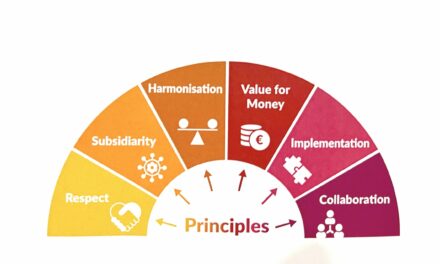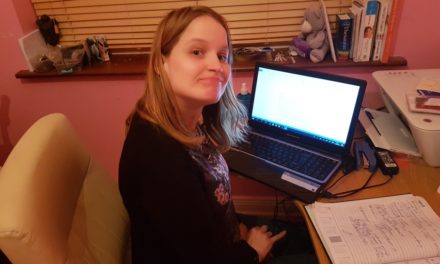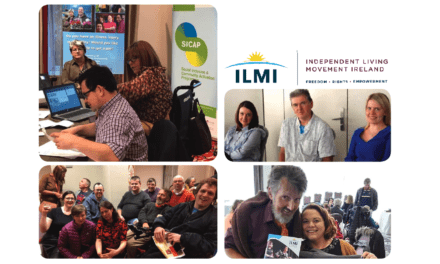Although we live in an ostensibly equal society, there are many areas in which men are given arguably preferential treatment. Politics is just one.
In December 2016, Minister of State for Tourism and Sport Patrick O’Donovan put national sports organisations under pressure to improve the gender balance on their boards.
Punitive measures were discussed for organisations that failed to reach a quota under which 30% of members would be women. During debates, some politicians were in favour of penalties, while others were opposed.
And yet perhaps they’re needed. Despite women and girls playing soccer, rugby and Gaelic games, only one woman sits on the executive committees/boards of the Football Association of Ireland (FAI), Irish Rugby Football Union (IRFU) and Gaelic Athletics Association (GAA) combined.
In 2018, these three bodies shared €7.4m in State funding for youth development alone, and they oversee thousands of games annually that involve women and girls.
That sole woman is Niamh O’Donoghue, secretary general of the Department of Social Protection, who sits on the board of the FAI.
These sports organisations are essentially not-for- profits, not unlike many of the groups operating in the community and voluntary sector, so it is not beyond the bounds of possibility that quotas could also be sought – or imposed as a condition of future funding – for the boards of community projects.
These tables indicate how steep the challenge appears to be:


But sometimes you can crest a hill almost before you know it. There is currently a campaign gaining momentum that seeks more balanced gender representation.
The 5050 Group seeks equal representation in Irish politics, and encourages debate on the need for more women to engage in politics.
Quite simply, they want a 50-50 split, women to men, in all political parties by 2020. As it stands, slightly more than 50% of Ireland’s population is female, yet only 35 out of 158 Dáil Éireann seats are filled by women. That’s just 22%.
Globally, Ireland was ranked 76th out of 133 countries on a world classification list (compiled by the Inter-Parliamentary Union in 2016) that looked at gender balance in governments. That marks an improvement – four years ago, Ireland was ranked 89th.
The 5050 Group is a single-issue national advocacy group without political affiliations. Its members – women and men – believe that the under-representation of women in Irish politics is an affront to the democratic ideals of justice and equality.
It seeks to encourage the formation of affiliate groups at community level and endorses both male and female candidates who support special temporary measures to redress the over-representation of men.
Nationally, the campaign raises awareness about candidate selection quotas, and encourages more women to run, more people to campaign for female candidates and more people to support female candidates. It further challenges political parties to effectively implement the candidate selection on quota.
North West concerns
Donegal Women’s Network (DWN) is long established and is typical of the groups that are members of the 50/50 campaign. DWN works to inspire community growth by providing a friendly local support network, advocating for and promoting women’s rights, highlighting the reality of women’s lives in the county, promoting and supporting women’s empowerment, and bringing local issues to a national level.
Here’s how the situation looks in Donegal: only three out of 37 councillors in the county are women and, since 1918, only two female Donegal TDs have served in the Dáil (Mary Coughlan and Cecilia Keaveney).
Currently, there are no female TDs representing Donegal, Leitrim or Sligo in the Dáil.
The 5050 North West group covers these three counties and is supported by individual women, DWN, the North Leitrim Women’s Centre and the National Collective of Community Based Women’s Networks (NCCWN).
Nationally, the NCCWN supports 17 women’s projects that seek to empower and support community-based women who experience disadvantage and marginalisation as a result of barriers to participation and lack of opportunities.
The NCCWN is funded by the Department of Justice and Equality.





